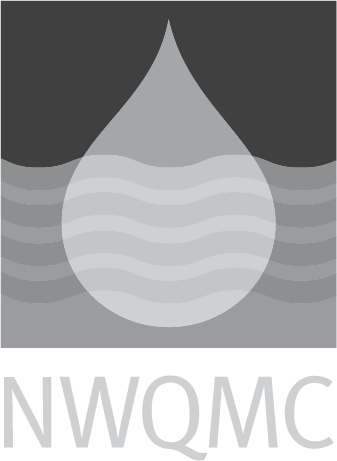EPA-NERL: 335.2: Cyanide, total, in Water
|
Official Method Name
|
Cyanide, Total (Titrimetric; Spectrophotometric) |
|---|---|
|
Current Revision
| Issued 1974; Editorial Revision 1974 & 1978; Technical Revision 1980 |
|
Media
|
WATER |
|
Instrumentation
|
Spectroscopy (Colorimetry; Photometry) |
|
Method Subcategory
|
Inorganic |
|
Method Source
|
|
|
Citation
|
|
|
Brief Method Summary
|
The cyanide as hydrocyanic acid (HCN) is released from cyanide complexes by means of a reflux-distillation operation and absorbed in a scrubber containing sodium hydroxide solution. The cyanide ion in the absorbing solution is then determined by volumetric titration using silver nitrate or colorimetrically using pyridine-barbituric acid procedure. |
|
Scope and Application
|
This method is applicable to the determination of cyanide in drinking, surface and saline waters; and domestic and industrial wastes. |
|
Applicable Concentration Range
|
0.02 - 1 mg/L |
|
Interferences
|
(1) Oxidizing agents can destroy cyanides during storage. (2) Sulfide can complex with cyanide in sample or distillate. (3) Fatty acids cause interference during distillation. (4) Carbonate causes interference during distillation. (5) Aldehydes cause interference during distillation. (6) Glucose/Sugars cause interference during distillation. (7) Sulfur-containing compound causes interference during distillation by forming free sulfide that is captured in distillate. |
|
Quality Control Requirements
|
not included |
|
Sample Handling
|
Collect at least 1 L samples in glass or plastic bottles. Test sample for the presence of oxidizing agents using KI-starch paper. If oxidizers are detected, add ascorbic acid until a drop test is negative. Then add 0.06 g of additional ascorbic acid. Preserve samples by adjusting to a pH > 12 with NaOH. Refrigerate samples at 4 degrees C until analysis. Analyze samples as soon as possible. |
|
Maximum Holding Time
|
14 days. |
|
Relative Cost
|
Less than $50 |
|
Sample Preparation Methods
|




